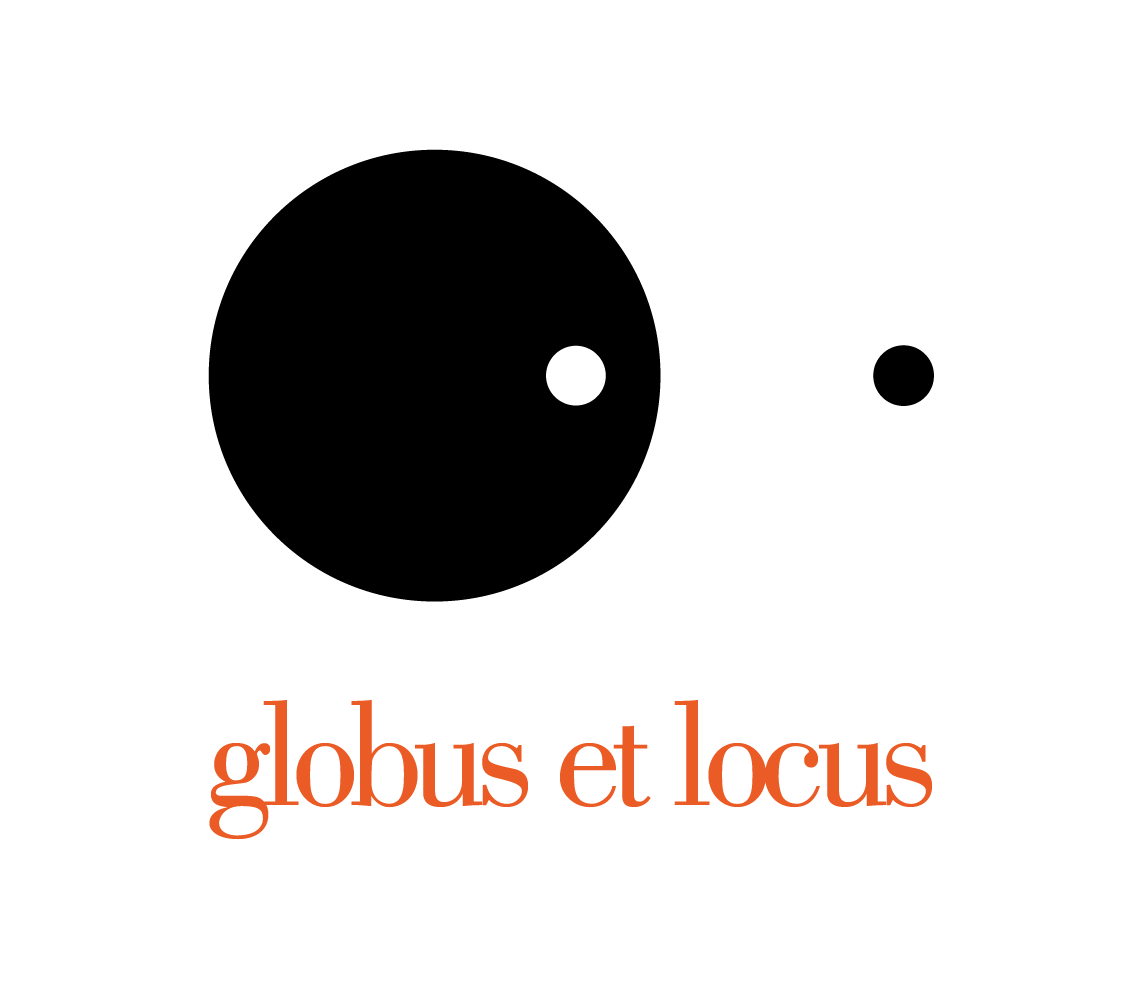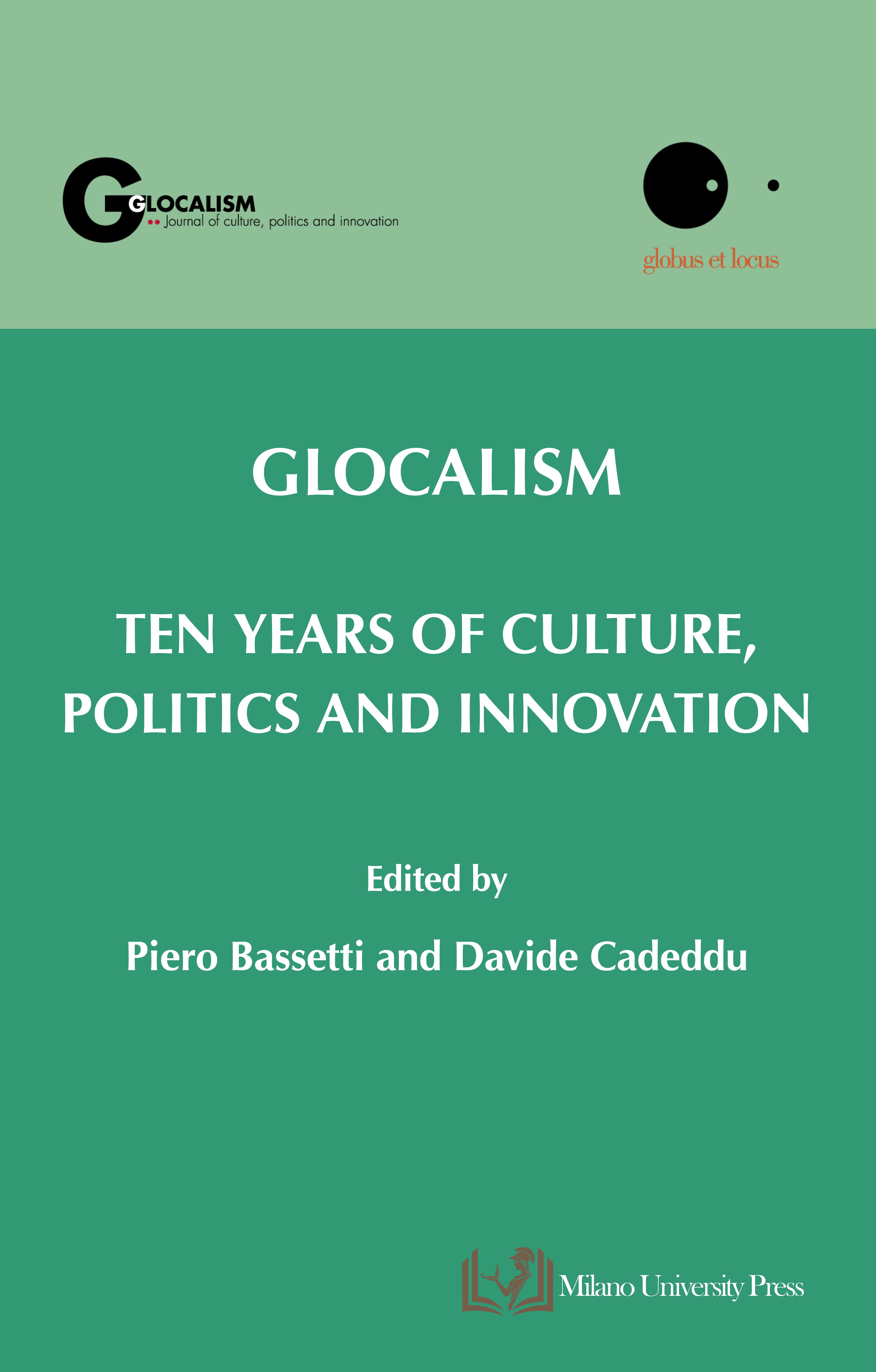A Post-Western Account of Critical Cosmopolitan Social Theory
DOI:
https://doi.org/10.12893/gjcpi.2019.3.4Keywords:
post-western theory, cosmopolitanism, decolonial theory, Delanty, MignoloAbstract
The aim of this paper is to propose a conceptually post-Western centric and critically oriented theory of cosmopolitanism capable of cutting across disciplinary and epistemic boundaries. Such an account moves beyond contemporary versions of critical cosmopolitanism and decolonial theory. The paper sets out a critical reconstruction of the concepts of cosmopolitanism and decolonialism with the goal of over-coming the frustrated potential contained in the two approaches of critical thinking. The first is the critical cosmopolitanism of Gerard Delanty and the second by the decolonial theory of Walter Mignolo. It does this through creating a “border” for these works within the social ontology of the Japanese philosopher and historian, Watsuji Tetsurō. The outcome of this encounter between these three thinkers is understood as a post-western account of cosmopolitan critical theory. The paper will develop as fol- lows. The introduction presents the work of Watsuji to the reader. Here the paper will set out his concepts of fūdo, aidagara, and emptiness. It also introduces the reader to the question of cosmopolitan space. The next stage of the paper sets out the triadic models of cosmopolitan critical theory presented by Delanty and Mignolo. It draws attention to how both accounts of human space are understood as diametric dualities: self, other and the world are separated and distinct. In both cases this fails to account for internal heterogeneity, limited as they are to abstraction. The third section sets out a conceptually post-Western centric account of cosmopolitanism as a synthesis of the work of Delanty, Mignolo and Watsuji and t begins by setting out a brief description of emptiness’s use as an epistemic principle for cosmopolitan critical theory. The outcome of this synthesis is similarly a triadic model. This is composed of an ultimate unit of analysis being a post-individual subjectivity, that the encounter occurs within a concentric understanding of space, and the result of this encounter is a radical cosmopolitan imagination. This overcomes the present restrictions placed on the possibilities of the cosmopolitan imagination through expanding agency by safe-guarding the infinity of otherness and simultaneously requiring the opening of infinity within self.
Downloads

Downloads
Published
How to Cite
Issue
Section
License

This work is licensed under a Creative Commons Attribution-ShareAlike 4.0 International License.











